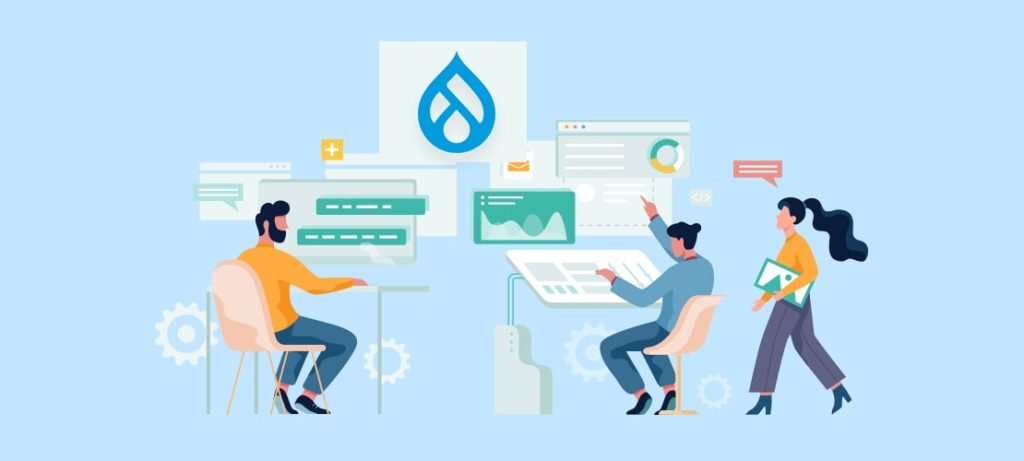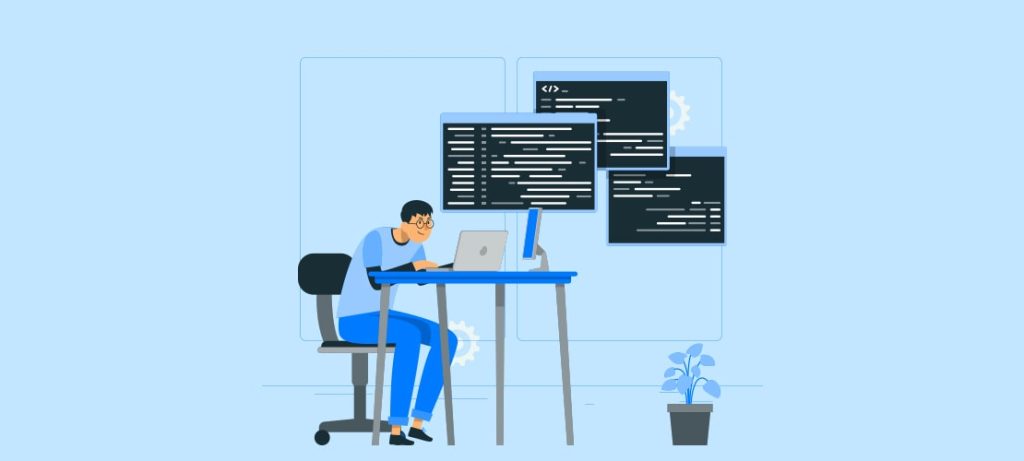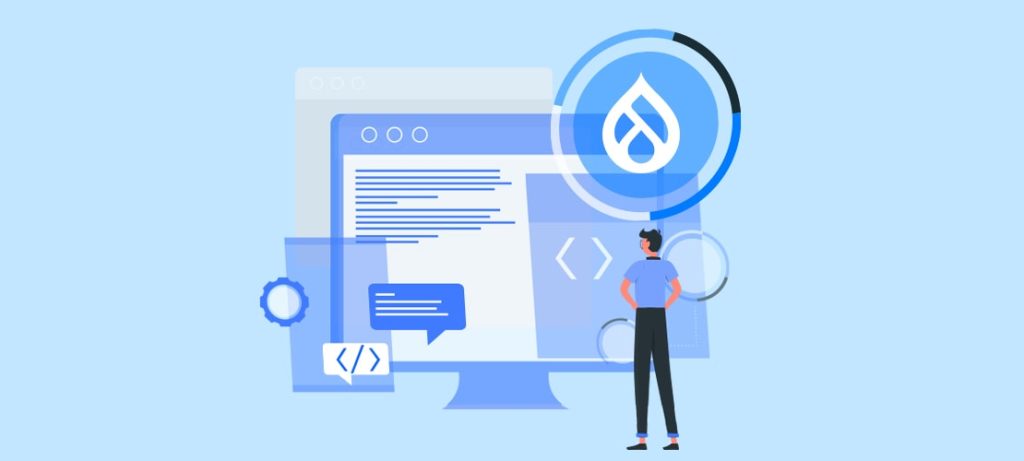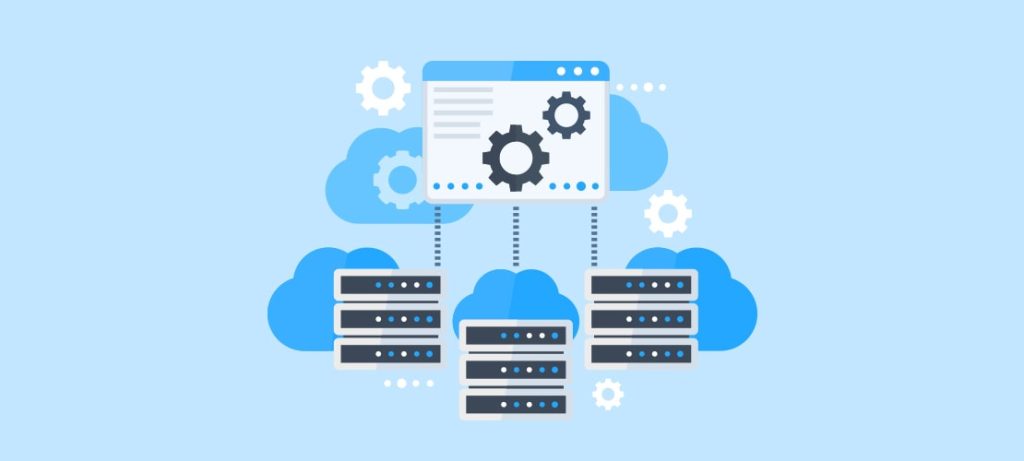If we talk about CMS, no CMS comes even near or “similar” to Drupal CMS. Drupal is a CMS platform that behaves more like an extendable, buildable framework and less like a CMS. Drupal developers write a lot of code in PHP and other server-side languages. Sometimes, even the most proficient Drupal developers find it tricky to develop a module or update the existing version of this world’s most popular CMS to the new one.
Besides knowing how to develop stuff in the new Drupal version, you need to understand how modules will migrate and which module you can use in the latest version. In this blog, you will get some of the best tips for expert Drupal 8 developers. First, let’s see what the best options to learn Drupal.

Where Can I Learn Drupal?
Do you need help with the custom Drupal development module? Or do you want to update your existing Drupal version to a new one (Drupal 8 or 9) and need some help? There are indeed many resources you can use to learn the ins and outs of Drupal and seek help whenever you are stuck.
You can also become a self-taught Drupal developer if you can learn from several free resources available. Another best way is to access the Drupal community.
One of the best ways is to access the Drupal community for educational purposes, where tens of thousands of people come together to improve the code, write documentation, run events, and support each other. You can access the Drupal community if you face issues in the code or development process.
Some of the best community-based learning resources for Drupal experts:
- Drupal documentation
- Slack and IRC
- Drupal forums
- Drupal Answers on StackExchange

The Drupal Learning Curve
Drupal offers a steep learning curve, but it is not a challenge. Even if you have prior experience with CMS platforms like WordPress, Joomla, and other content management systems, you will find it easiest to learn Drupal.
As far as the front and backend development is considered, learning Drupal can be tricky as it is a little more complex than other popular CMSs. Due to the power and features of learning Drupal, it is worth it. It is a popular platform that helps website owners accomplish many common goals.
Before you start developing your Drupal website, keep these essential tips for development in mind:
Know The Back Office Well
This step is very crucial before starting the development task. You need to first know your way around the admin in Drupal, which will enable you to configure a core website. You need to be familiar with the more popular contributed modules like Views, Panels, etc.
You cannot start creating code for Drupal modules if you don’t know how to install and enable one in, right? (I know it sounds a bit absurd.) However, most of the Drupal experts know how to enable a module, but there is no need to worry if you are. It’s fun to play around with the module, and there are many great resources like the Drupal community to help you.

Tutorial Yourself
Yes, yes, I know that you are a Drupal expert. But trust me, reading a bunch of tutorials, watching videos, forum topics, etc., is only going to help you develop a more attractive and feature-rich site. NO time to read long text content?
Several websites offer excellent video content; you can access them for free or by paying a small amount. Apart from this, reading Drupal documentation can also be the best way to enrich your knowledge.
Excellent Knowledge Of Php And Its Framework
PHP is the most popular programming language globally and the programming language upon which Drupal is created.
The only difference is that Drupal 7 is built upon a custom PHP framework, and Drupal 8 is built on Symfony. An
Drupal development services must get familiar with PHP and be eager to learn and adopt PHP frameworks like Symfony if you are using Drupal 8.
If you want to create more than a simple Drupal website, you must know what technologies Drupal uses and what you’ll be dealing with.
Knowledge of PHP 7 (Symfony Framework) and HTML5, CSS3 (Sass), and Javascript (jQuery and recently React) should get you in a pretty good position for Drupal development.
Customize Your Site’s Error Pages
The default error message your Drupal site visitors get when they don’t have permission to view the site or a “Not Found ” page can be the primary reason behind your website’s high bounce rate. Make sure to configure your 403 Access Denied and 404 Page language.
Troubleshoot The “White Screen of Death”
When you navigate to your Drupal site, and you see nothing but a white blank screen, it means that Drupal has encountered a PHP error. Several things can cause this and are usually known as a development error.
Even if you miss the semicolon while writing code, it can trigger the white screen of death, probably as a reference to Microsoft Windows’s blue screen of death.
If you encounter a white screen (blank), enable PHP error reporting to determine where the issue is being discovered.
Backup Your Database In A Safe Location
You can use Drupal’s Backup and Migrate module to grab an SQL dump of your database for storage. Make sure to store these backups in a separate location from your site. If we talk about small websites, you can keep it by emailing the SQL file to yourself and storing it there; but it is not recommended for security purposes.
Once your email account is compromised or hacked, you will end up losing it. It is just a basic example to show you the options of stringing your SQL file.

Knowledge Of Drupal Modules Bank
The key feature of Drupal CMS is the abundance of modules( 2,816 themes and 44,291 active modules ). There are multiple modules for every website type that can help you make your website functional in the least effort. Hence the knowledge of all modules becomes an asset for development and maintenance purposes.
Make yourself aware of all aspects of module development and how the modules can be optimized to enhance your website in the best way possible.
Debugging Pro
With a lot of breaking and fixing requirements that come your way during the development process, you should know how to debug. It helps avoid friction within the team and with the client. Therefore, Debugging is a skill that you should master as a Drupal developer.
Contribute To The Community
Drupal’s community is known for providing one of the best community support compared to other open-source CMS software. Contributing to the community helps Drupal grow and enables you to interact with great people while increasing your Drupal development knowledge! Being open-source software, Drupal’s community is what keeps the CMS thriving.
Know The Basic Url Structure For Drupal Content
The content of a Drupal site is called Nodes. A node can be an image, a story, a page, an announcement, a poll, a web form, or a job listing; it is a single unit of content.
Once you have created content in Drupal, you can find its node ID. A node ID or “nid” is a unique identifier for that node in the URL to find the nid through the web page’s URL.

Conclusion
Overall, there are several ways for hire drupal developers to seek help whenever they have any questions regarding the CMS. Drupal experts can also access the vast amount of educational resources available to resolve your issues. Remember that once you get familiar with Drupal’s logic, it will become easy to understand all areas of the Drupal CMS.
Even if you are an expert Drupal developer, there is a lot on your plate to consume when you’re first getting accustomed to using this CMS. Since Drupal is a vast and complex CMS, you need to continuously learn its features with every new upgrade.
Let’s Talk Solution
If you are looking to hire an expert Drupal developer, contact AddWeb Solution. We have a pool of dedicated Drupal developers well-versed with the latest Drupal versions and their functionalities.
Frequently Asked Questions
Drupal is like a Swiss Army knife for web development. Its flexibility, scalability, and robust architecture make it a top choice for creating powerful and customized websites.
Start with a solid plan! Clearly define your website’s goals, target audience, and key features. A well-thought-out plan sets the foundation for a successful Drupal project.
Optimizing performance is crucial for user experience. Utilize Drupal’s caching mechanisms, optimize images, and consider a Content Delivery Network (CDN) to boost your website’s speed.
Choose wisely! While Drupal has many modules, only select the ones essential to your website’s functionality. Less is often more to maintain simplicity and security.
Security is paramount. Keep Drupal and its modules updated, follow best practices like using strong passwords, and regularly audit and monitor your website for potential vulnerabilities.
The Drupal community is a goldmine! Engage in forums, attend events, and contribute to projects. Networking with fellow experts and staying updated on industry trends enhances your Drupal journey.

